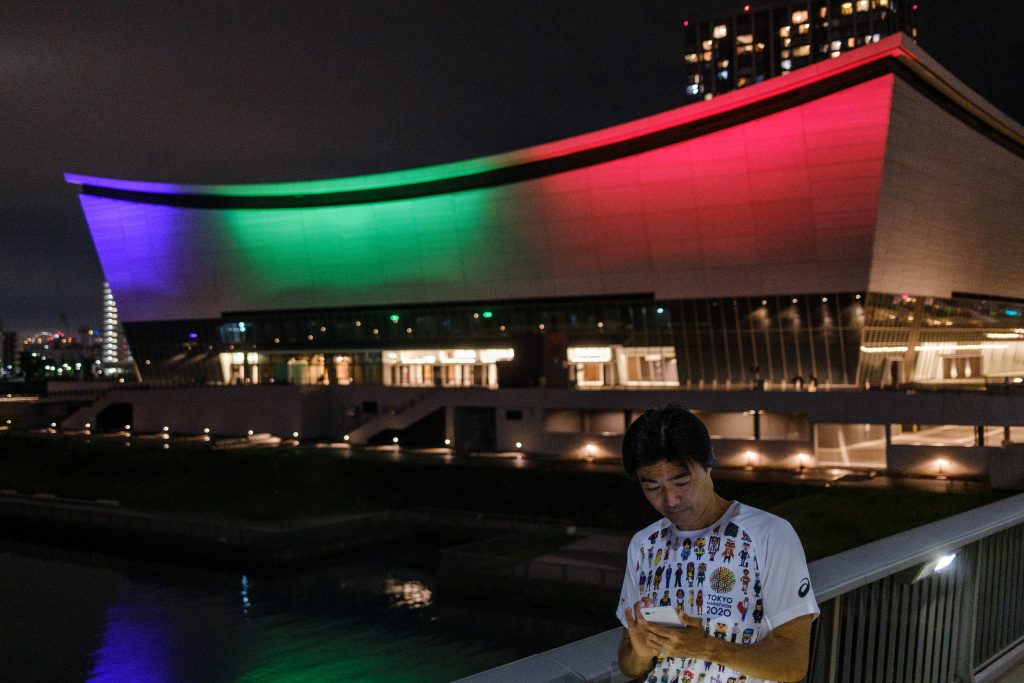
- ARAB NEWS
- 13 Jul 2025

TOKYO: Athletes seeking to participate in the Tokyo Paralympic Games next year and staff members are struggling to balance preparations to compete and measures against the novel coronavirus, officials at the Japanese Para-Sports Association have said in a recent interview.
“Sports organizations with athletes who have underlying conditions, must be extremely careful” about the risks of coronavirus infection, Tomohiro Ida, a member of the JPSA executive board and head of training at the association, said. “While training camps have been called off for the time being, coaches are checking up on athletes practicing by themselves.”
“The average age for Paralympic athletes is higher than that for Olympians, and some of them have lifestyle-related diseases,” Tetsuo Suyama, also an executive board member and head of the JPSA’s medical committee, said. “There are several such athletes in many sports, so caution is needed.”
Suyama noted that there are issues regarding measures to prevent coronavirus infection unique to people with disabilities, such as the difficulty of hand-washing for those with only one hand.
“There is a need to consider infection prevention measures that will be taken before, during and after competition,” he said. “It is important to take a variety of measures, even if they are small.”
“It is fundamental that athletes themselves take measures against the virus based on the type and severity of their disabilities, and the uniqueness of their sports,” Ida said.
He also said that those who aid athletes with visual impairments must also have proper knowledge of measures against the virus. “It is impossible for these athletes and their carers to practice social distancing, and measures that suit each pair on an everyday level need to be taken.”
Suyama said that the para-sports associations of Canada, Britain, Australia and Japan have recently held a joint meeting on medical cooperation, but participants only shared information about the infection situation in each country and how much training has resumed.
“In other words, the countries are still mulling over what to do,” he said. “All over the world, people have begun to restart sports a little, but what steps to take to expand that is for the future.”
Suyama said that safety measures against the virus and the summer heat will be important for the Tokyo Paralympics, which will begin on Aug. 24 next year, after a one-year postponement due to the novel coronavirus pandemic. “We will do all we can” so that the games will be held as safely as possible, he added.
“The vision of the International Paralympic Committee is to create a symbiotic society in which people prove through para-sports that ‘everyone can do’ instead of assuming that ‘someone cannot do something because of disability,'” Ida said.
“In that sense, the efforts by Japan and the rest of the world not to give up on their fight against the coronavirus epidemic and to overcome the challenge by thinking outside the box is identical to the Paralympic spirit,” Ida said.
“It’s tough, but we want to tell everyone to keep looking forward and do his or her best,” he added.
JIJI Press